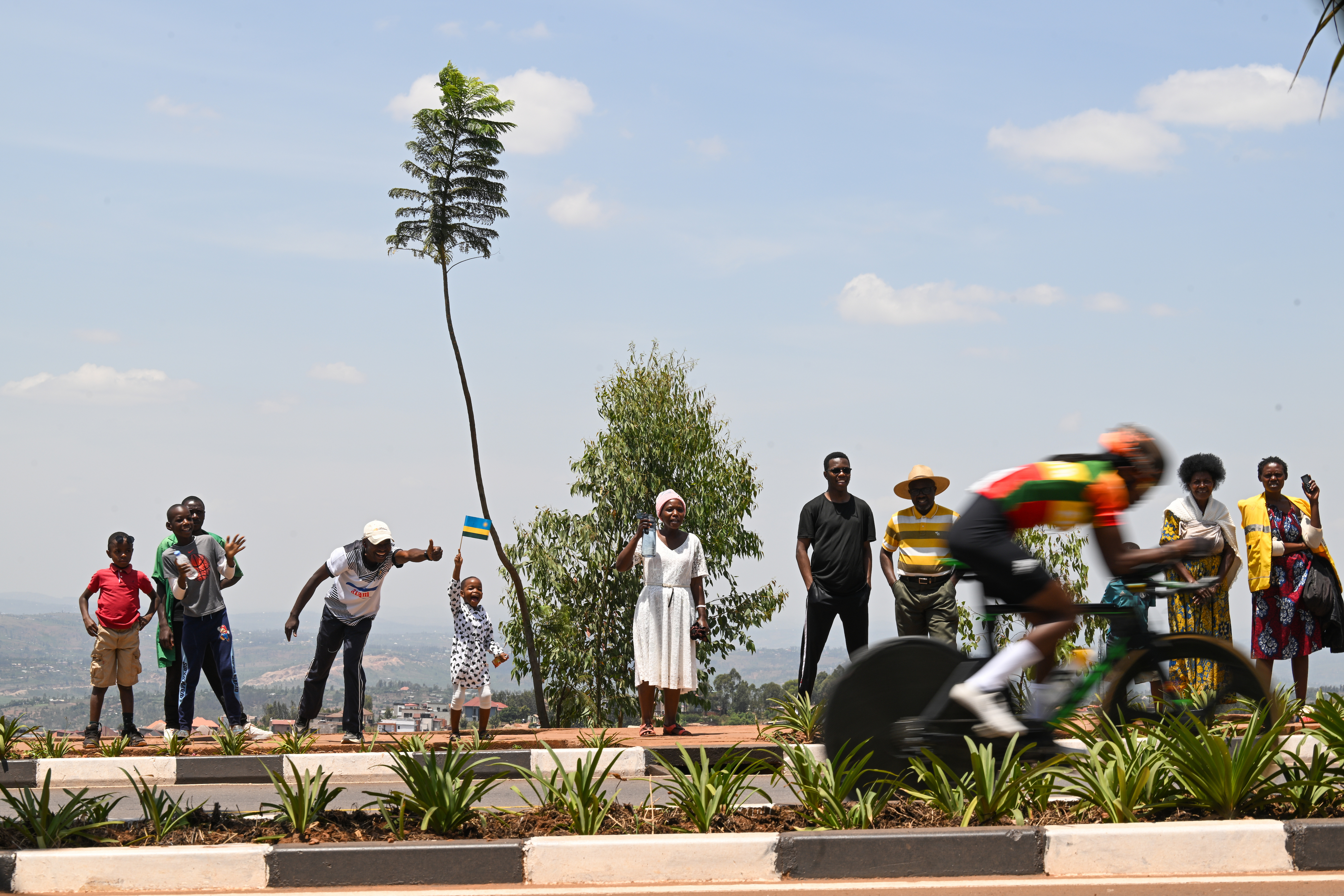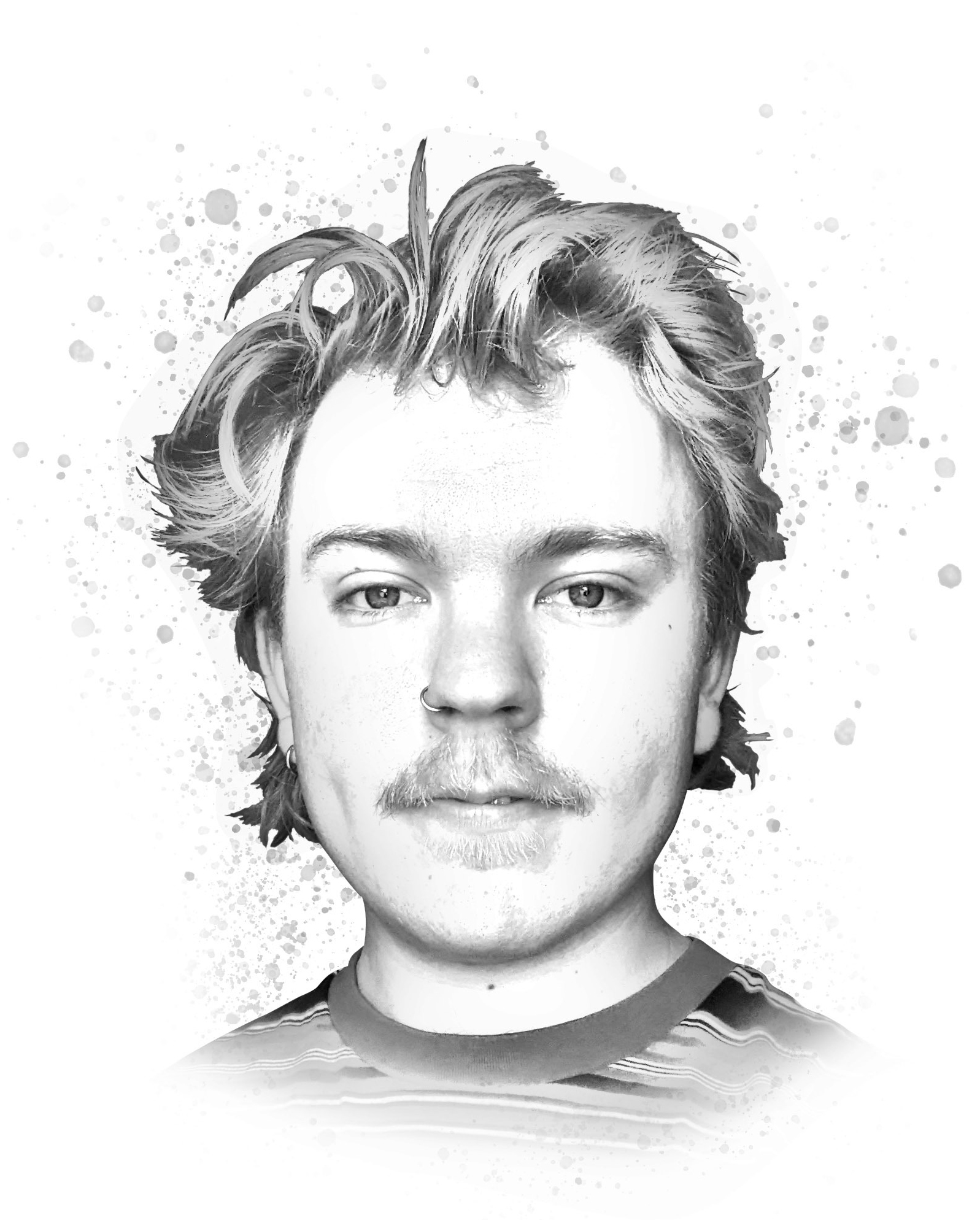The Rwanda World Championships feel like a watershed moment for cycling, but there's a shadow hanging over the event
It certainly looks like no other Worlds has before, and even that’s a good thing


The latest race content, interviews, features, reviews and expert buying guides, direct to your inbox!
You are now subscribed
Your newsletter sign-up was successful
This UCI Road World Championships looks different. You might think that sounds trite, or simplistic, or even obvious, given it is the first ever Road Worlds to take place in Africa, but it is still worth noting. Kigali, the capital of Rwanda, has provided such a different backdrop to the sport we are all used to. This isn’t the bergs of Flanders or Alpine mountain passes, but the roads of the East African country, with different trees, different views, different skies, somehow, and it’s a thrill.
This is what makes cycling so special a sport. Unlike almost any other, it shows off a place just as much as showing the action. You can learn a lot from watching a bike race, more than just who is fastest; it’s almost like an accidental travel documentary. Put Michael Palin in a skinsuit, and it might just be the whole package – this does sound like an Alan Partridge TV pitch.
It’s not just the environment, it’s the fans, which have become such a part of cycling in Rwanda, the crowds packed on the sides of the road. Given, so far, we have just seen the time trials, on quite set circuits, I am more than ready to see the road races, which are on different routes, with the elite men’s race going the furthest, out of the city of Kigali itself.

News editor at Cycling Weekly, Adam brings his weekly opinion on the goings on at the upper echelons of our sport. This piece is part of The Leadout, a newsletter series from Cycling Weekly and Cyclingnews. To get this in your inbox, subscribe here. As ever, email adam.becket@futurenet.com - should you wish to add anything, or suggest a topic.
Perhaps unsurprisingly, given its traditional heartlands and also niche status, pro cycling crowds tend to be overwhelmingly white, and often overwhelmingly male, although this is changing, and not all down to the success of Biniam Girmay. Kigali, then, brings something novel, and that should be celebrated. Cycling as a global sport has grown a bit through this event.
A bike race alone, however big, cannot make a generation of successful cyclists, or bring the sport to the masses – it remains expensive and full of barriers – but there must be hope that it will inspire some to be cycling fans, or create green shoots for development. Cycling is already huge in Rwanda, in part due to its relative lack of expense as a mode of transport, but perhaps it can grow even bigger. I hope the Rwandan cycling federation, and the UCI, has a plan to build on this, beyond just having the event.
The other huge difference is the competitors. While the fact it is the first African Road Worlds has turned some federations and riders off – there are multiple European countries who have sent reduced squads due to costs, or political reasons – it has allowed other countries to be present. In the elite men’s time trial there were 15 different African nations present, compared with just three last year in Zürich, and in the elite women’s race it was eight up from two.
According to the UCI, 33.64% of participants at the whole championships come from African countries, the most of any continent. This feels like a watershed moment, although the momentum is unlikely to be kept up next year, when the Worlds heads to Montréal in Canada.
The latest race content, interviews, features, reviews and expert buying guides, direct to your inbox!
This is partly due to costs, but also down to Rwanda’s relatively relaxed visa system, meaning competitors from across the world can easily get to Kigali, a marked difference with, for example, Glasgow in 2023. It might be the same big names winning and finishing in the top 10, but I love seeing riders from South Sudan, Mali, and Benin riding at the Worlds. It makes cycling feel like a truly global sport, rather than the European-dominated affair it so often is.
So far, so positive. If the Worlds were happening in a vacuum, then this would be a purely celebratory column. However, as I discussed last week, sport can’t avoid politics.
The Worlds are happening in a country with a poor human rights record. According to Human Rights Watch (HRW), there has been continued suppression of opposition to Paul Kagame’s government within and outside of the country, with killings and disappearances connected to this.
In an article this week, Minky Worden, HRW’s head of global initiatives, wrote: “The cycling event risks being linked to abuses itself. Human Rights Watch has documented that Rwandan authorities round up and arbitrarily detain sex workers, street children, and others deemed “undesirable” before high-profile international events. The event could also contribute to sportswashing, using athletic events and partnerships to overshadow human rights violations.”
The different environment, which I celebrated above, might therefore not tell the whole story. A fan watching the Worlds and thinking “Rwanda is beautiful” might have successfully been distracted from thinking about the country’s poor human rights situation, or its alleged role in the conflict in the eastern Democratic Republic of Congo.
Connected to this, according to Dutch newspaper Trouw, athletes from the Netherlands have been told to try not to pose for photos with Rwanda’s president, Paul Kagame, who has been in the role since 2000. A Belgian journalist from Flemish public broadcaster VRT was denied access to his plane to Rwanda, a decision he thinks was because of his critical reporting on the country.
There are unexpected negatives, too. Matilda Price from Cyclingnews, out there on the ground, has told of the poor air quality, which makes an outdoor sport like cycling quite difficult. Combined with the altitude, this could contribute to slightly surprising results.
It is our role, as media, to report on both sides of this. The beauty, the diversity, the excitement of the Rwanda World Championships can still be highlighted, given prominence, but there are the negatives of the event too. This might feel like cognitive dissonance, but we can do both at the same time.
Cycling becoming a genuinely global sport is a fantastic prospect. Even so, we shouldn’t simply believe that everything is going to be totally great forever.
This piece is part of The Leadout, the offering of newsletters from Cycling Weekly and Cyclingnews. To get this in your inbox, subscribe here.
If you want to get in touch with Adam, email adam.becket@futurenet.com, or comment below.

Adam is Cycling Weekly’s news editor – his greatest love is road racing but as long as he is cycling, he's happy. Before joining CW in 2021 he spent two years writing for Procycling. He's usually out and about on the roads of Bristol and its surrounds.
Before cycling took over his professional life, he covered ecclesiastical matters at the world’s largest Anglican newspaper and politics at Business Insider. Don't ask how that is related to riding bikes.
You must confirm your public display name before commenting
Please logout and then login again, you will then be prompted to enter your display name.